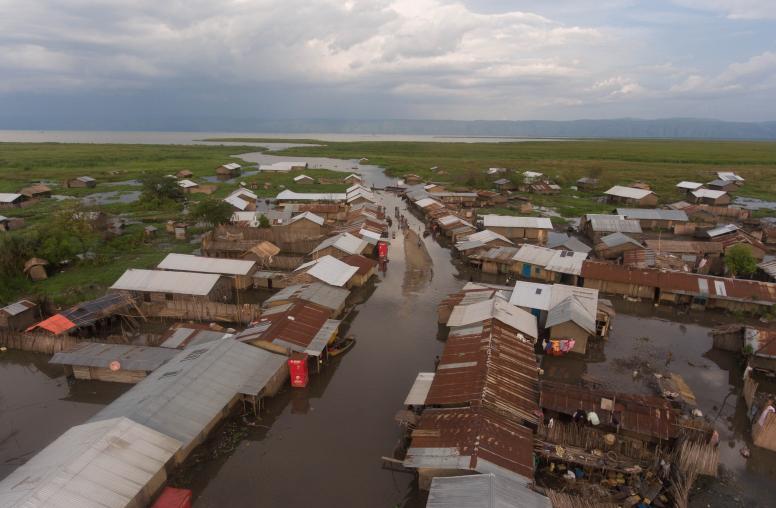Policy Forum on Children and Armed Conflict: Child Soldiers as Combatants, Victims, and Survivors
A public event jointly sponsored with the U.S. Department of State, Bureau of Democracy, Human Rights, and Labor
The prolific use of children as soldiers and in other roles in violent combat is a serious global problem. This forum will be an opportunity for participants to improve their understanding of the impact of violent conflict on children. Experts will consider the various roles and identities played by youth combatants during and after conflict situations, as well as review and improve the strategies used to end the practice of using children as soldiers. By considering new challenges and emerging trends, the forum will contribute to effective policy development in solving this serious problem and human rights abuse.
The morning keynote presentation for this event will be given by Radhika Coomaraswamy, United Nations Special Representative for Children and Armed Conflict. Other confirmed presenters include Jo Becker, Human Rights Watch; Susan Shepler, American University; and Theresa Betancourt, Harvard University. Opening remarks will be made by Richard Solomon, President, U.S. Institute of Peace, and David J. Kramer, Assistant Secretary of State, U.S. Department of State, Bureau of Democracy, Human Rights, and Labor.
Archived Audio
To listen to audio or to view video, please click on the links provided below. You also can right click on the links and choose "Save Target As" or "Download Linked File." This will save the file to your computer and then allow you to play it in your media player directly. More Audio Help.
- Welcome
00:41:13 - 9.7MB - Panel I: Understanding the Use and Abuse of Child Soldiers
1:28:44 - 20.9MB - Panel II: Bridging the Gap - The Disarmament, Demobilization, Reintegration, and Rehabilitation (DDRR) Process
1:23:33 - 19.7MB - Panel IV and Closing Remarks: Next Steps - Developing and Implementing Action Plans
3:12:11 - 34.7MB
![]() Download the final list of speakers and agenda. The final agenda will also be distributed at the event.
Download the final list of speakers and agenda. The final agenda will also be distributed at the event.



